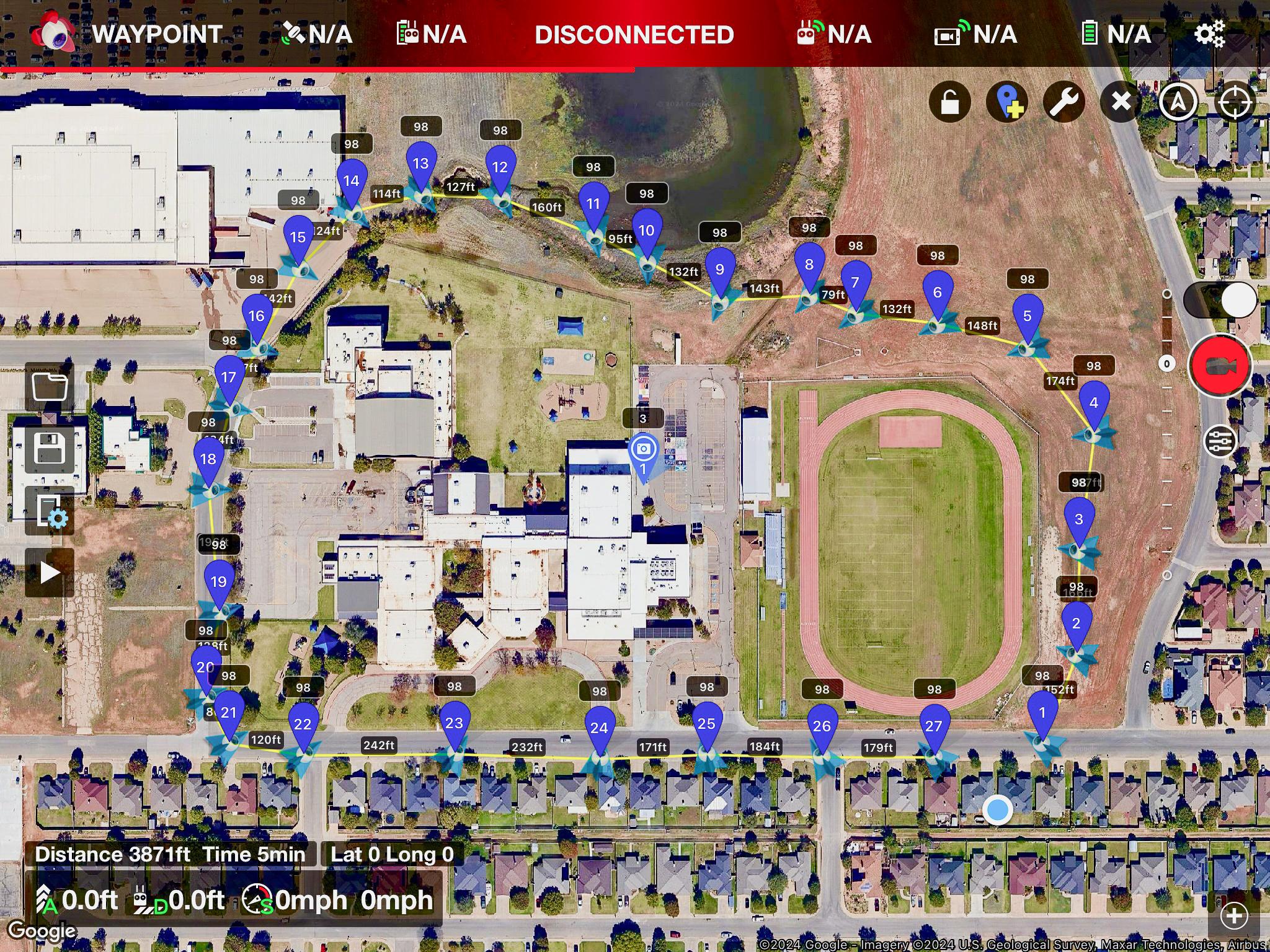Autonomous Drones: The Next Era of UAV Innovation
Drones are no longer just gadgets—they’ve become essential tools driving transformation across industries. Among the most revolutionary advancements is the rise of autonomous drones, capable of operating without direct human control.
At South Plains Aerial Imaging, we closely track these innovations because they shape the future of aerial inspections, mapping, and imaging in Lubbock, the Texas Panhandle, and West Texas. Autonomous drones promise efficiency, precision, and versatility across nearly every sector.
What Are Autonomous Drones?
Autonomous drones rely on:
-
AI-powered navigation systems
-
GPS and obstacle avoidance sensors
-
Advanced onboard cameras and data processors
These UAVs can complete missions with minimal human input—from routine maneuvers to complex inspections—making them safer, faster, and more scalable than traditional piloted drones.
Key Applications of Autonomous Drones
🌱 Agriculture
-
Monitor crop health and detect diseases early.
-
Optimize irrigation and soil management.
-
Boost yields with precision agriculture strategies.
🏗️ Infrastructure Inspection
-
Inspect bridges, buildings, pipelines, and utilities.
-
Eliminate safety risks from manual inspections.
-
Deliver faster, more accurate structural data.
🚑 Emergency Response
-
Support search and rescue missions.
-
Deliver medical supplies to hard-to-reach areas.
-
Provide real-time damage assessments after storms, floods, or wildfires.
📦 Delivery Services
-
Amazon, UPS, and others are testing drone deliveries.
-
Enable rapid package transport in cities and rural areas.
-
Reduce supply chain costs and improve logistics.
🌍 Environmental Monitoring
-
Track air and water quality.
-
Monitor wildlife populations for conservation.
-
Detect pollution, deforestation, or natural hazards.
Challenges of Autonomous Drone Adoption
Despite their potential, challenges remain:
-
Regulation: FAA evolving frameworks, Remote ID compliance, and privacy protections.
-
Technology Reliability: Weather, interference, and unpredictable conditions.
-
Ethical Considerations: Privacy concerns, job displacement, and accountability for data use.
Collaboration between regulators, manufacturers, and operators will be key to overcoming these obstacles.
The Next Decade of Autonomous Drones
Looking forward, autonomous drones are expected to:
-
Revolutionize agriculture, construction, logistics, and real estate.
-
Improve public safety with rapid disaster response and infrastructure monitoring.
-
Advance sustainability through smarter environmental tracking.
At South Plains Aerial Imaging, we already provide advanced drone services such as roof inspections, facade inspections, aerial mapping, and environmental monitoring. As autonomous technology matures, we’re preparing to integrate these systems into our services.
Conclusion: Experience the Future of Drones
Autonomous drones aren’t just the future—they’re transforming industries today. From agriculture and infrastructure to emergency response and delivery logistics, these UAVs are paving the way for safer, smarter, and more efficient workflows.
At South Plains Aerial Imaging, we stay ahead of these innovations to bring our clients cutting-edge solutions in Lubbock, the Texas Panhandle, and West Texas.
📞 Contact us today to learn how autonomous-ready aerial imaging services can prepare your business or project for tomorrow.

